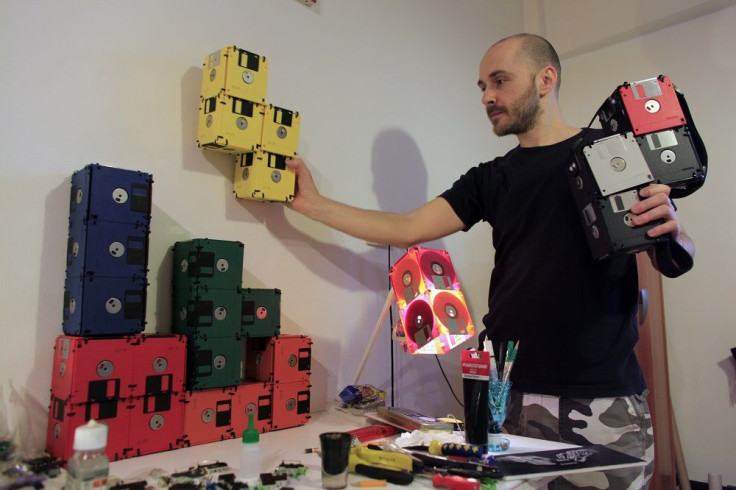Playing Tetris helps control craving for food, friends, wine, cigarette, sleep & sex

Playing computer games, which has become an addiction for many young people, is often seen in a bad light by many parents. However, a new study by psychologists from two Australian universities found that playing Tetris for three minutes helps control several types of cravings.
These include cravings for cigarettes, food, friends, wine, sleep and sex, reports NYCity. The study, published in journal Addictive Behaviors, recruited 31 undergraduates with ages ranging from 18 to 27.
The psychologists from Plymouth University and Queensland University of Technology asked the respondents seven times a day to report any cravings they noticed which they reported through text messages.
After playing Tetris for three minutes, the subjects reported 70 to 75 percent reduction in cravings for drugs, food and activities. “This is the first demonstration that cognitive interference can be used outside the lab to introduce cravings for substances and activities other than eating,” says Professor Jackie Andrade, study lead from the School of Psychology and Cognition Institute at Plymouth.
Broken down by type of cravings, the study said that 30 percent were for food and non-alcoholic drinks, 21 percent for cigarettes, coffee, wine, beer or drugs and 16 percent for sleep, sex and socialising with friends. Andrade adds, “As a support tool, Tetris could help people manage their cravings in their daily lives and over extended time periods.”
She explains that playing Tetris, a visually interesting game, occupies mental processes that support imagery, making it difficult to imagine something vividly and play the game at the same time, reports UPI. Russian computer engineers Vadim Gerasimov, Alexey Pajitnov and Dmitry Pavlovsky developed Tetris in 1984-86.
Gerasimov was a 16-year-old high school student at that time. They were inspired by a computer game called Genetic Engineering that involved 4-square pieces or tetramino. Tetris comes from tetramino and tennis. The game involves tetraminos falling into a rectangular glass and piling up at the bottom.
Contact the writer at feedback@ibtimes.com.au or tell us what you think below




















